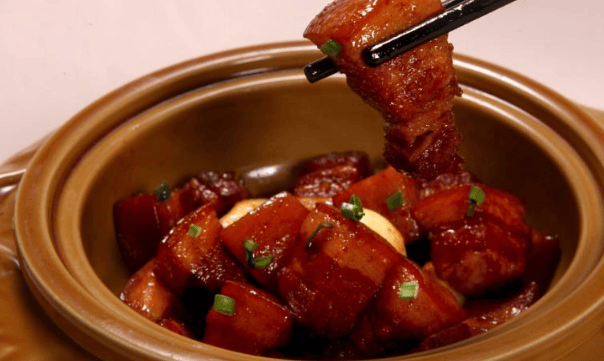In a fast-paced work environment, eating out every day can still lead to weight loss; the key lies in choosing the right foods.
Common issues with eating out:
1. Too greasy: This is the primary issue with eating out. Traditional Chinese dishes are often high in oil, salt, and strong flavors, with various dishes, including vegetables, containing high oil content, which can lead to excessive fat intake and increased calories.
2. Too many carbohydrates (staple foods): Foods like fried rice, fried noodles, mixed rice, pizza, and various noodles and pastas are extremely high in carbohydrates, often consisting of high GI carbs that are easily digested and stored as calories, leading to feelings of hunger. Traditional diets tend to have a higher proportion of carbohydrates, such as congee with buns, which is not conducive to weight loss.
3. High fat content and insufficient protein: Pork is a common ingredient in traditional Chinese diets, but it is high in fat and low in protein. Additionally, the cooking process can increase calories and reduce nutritional value.
How to eat out without gaining weight:
1. When ordering at a restaurant, plan in advance and choose light, low-fat dishes, or even write it down on a small note to remind yourself.
2. Before meals, choose low-sugar, low-calorie real fruit juices (such as freshly squeezed corn juice, pumpkin juice, or grain juice made in-house), vegetable juices, or soy milk to increase satiety.
3. Choose raw mixed vegetables, dipping vegetables, and root vegetables (like lotus slices, yam, etc.) for vegetarian options.
4. For main dishes, opt for steamed, poached, or clear stewed styles, as well as high-end vegetarian dishes that are less frequently consumed, such as mushrooms, premium emerging vegetables, seaweeds, and tubers, which can promote health and reduce the burden on the digestive system.
A warm reminder from Sailu: As long as those who eat out make reasonable food choices, they can also achieve their weight loss goals.


